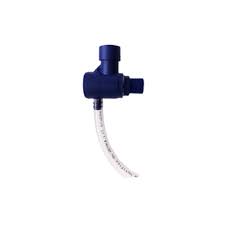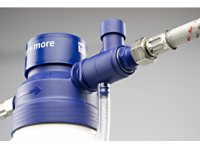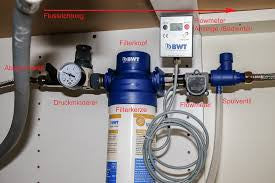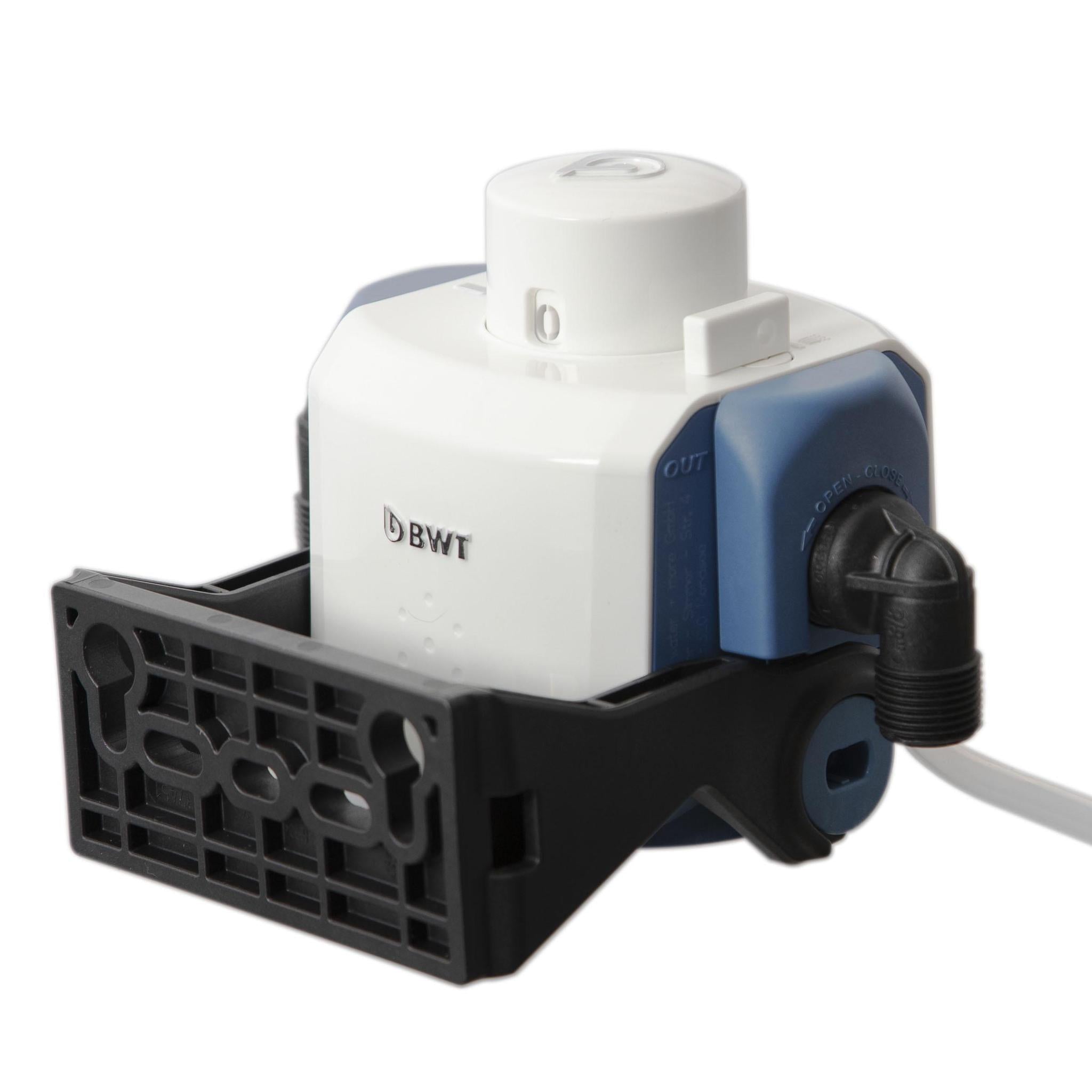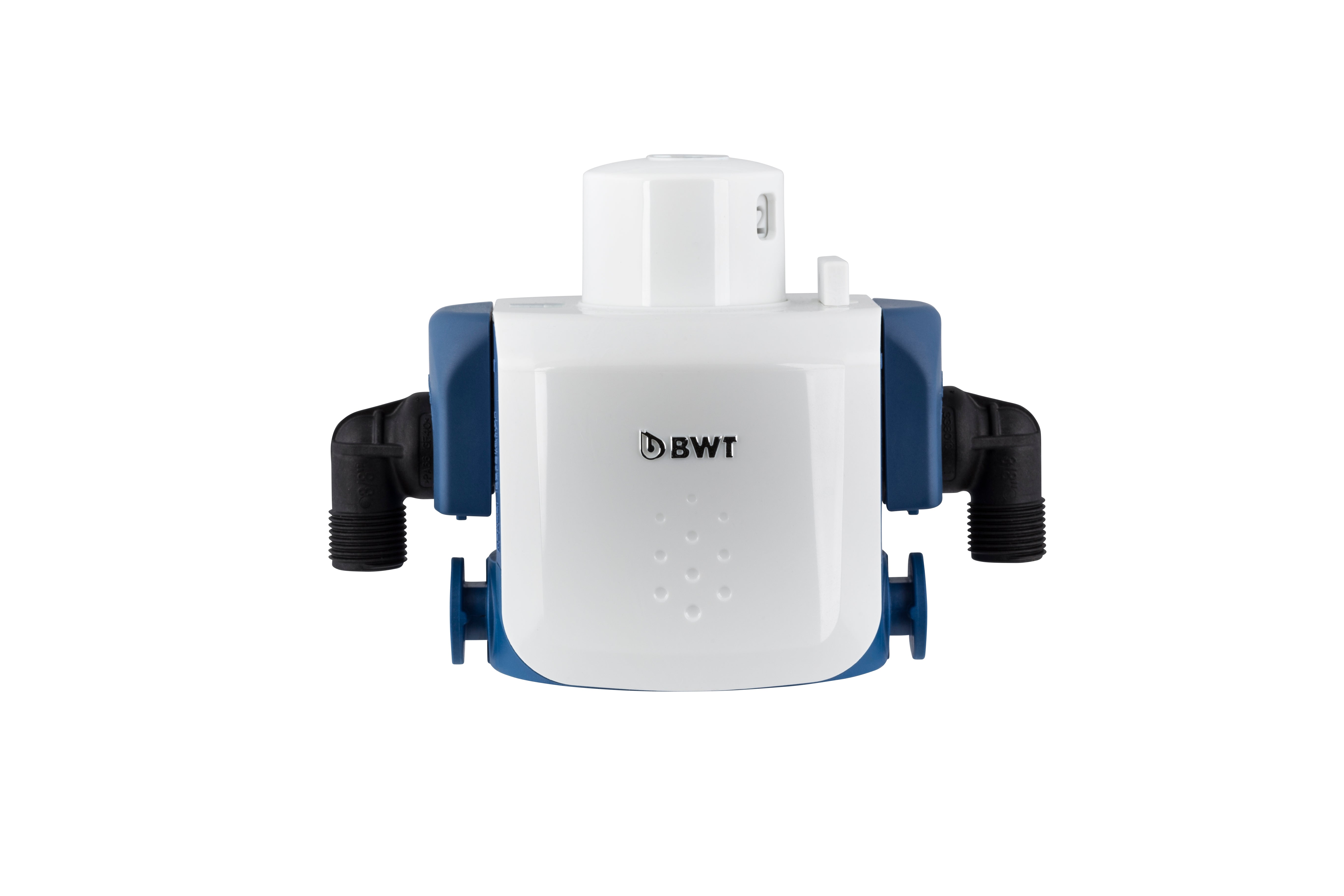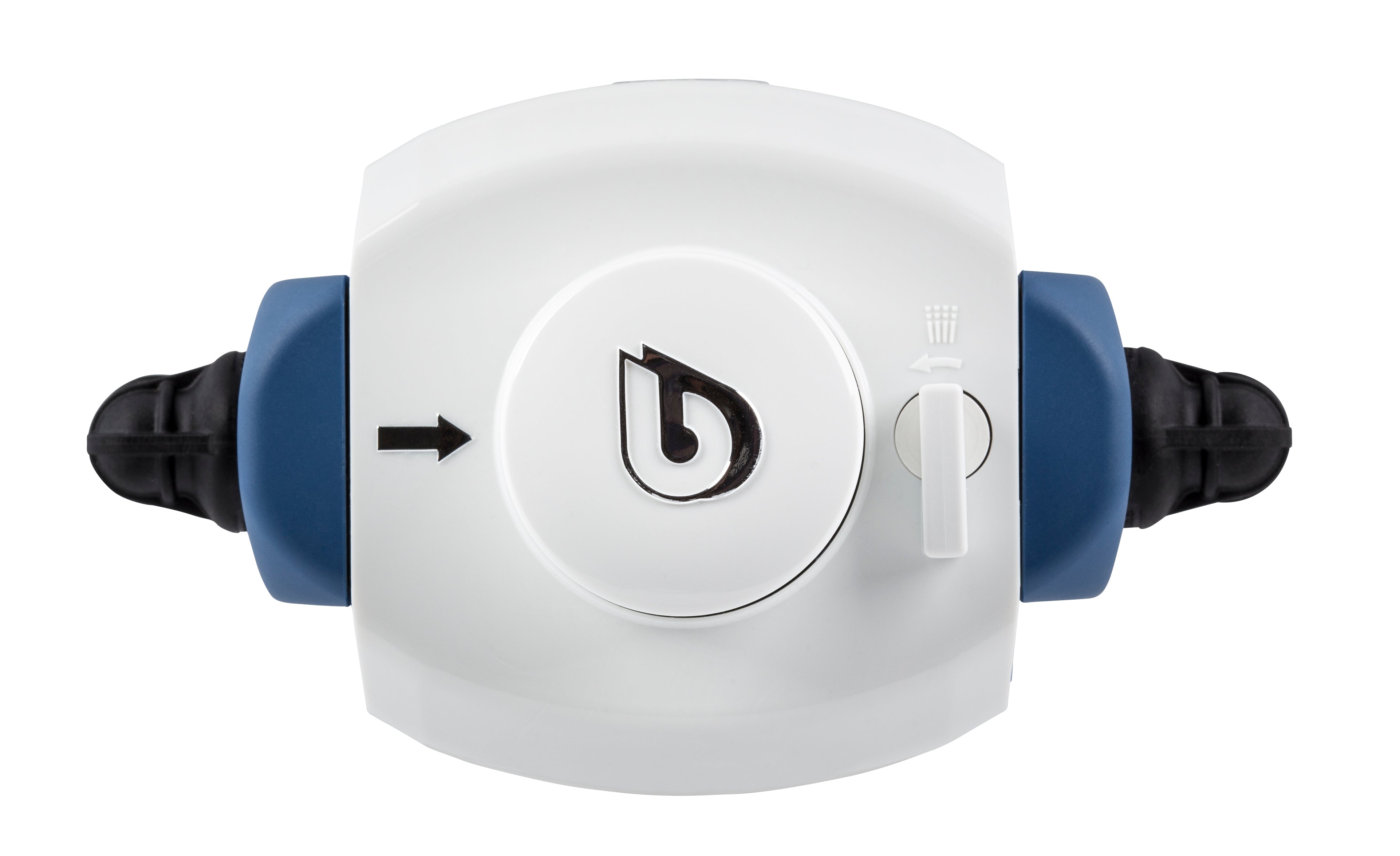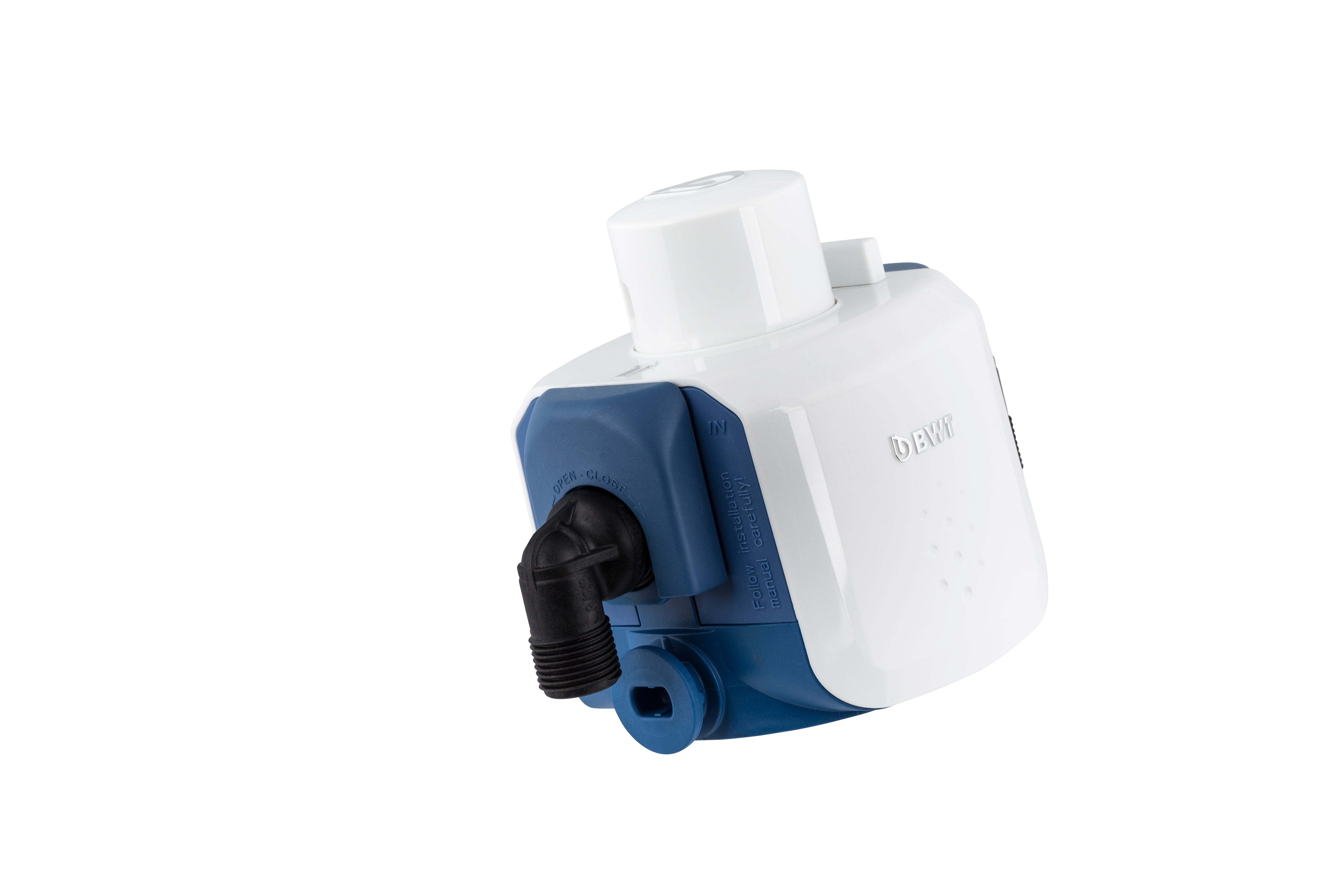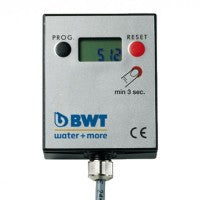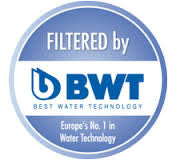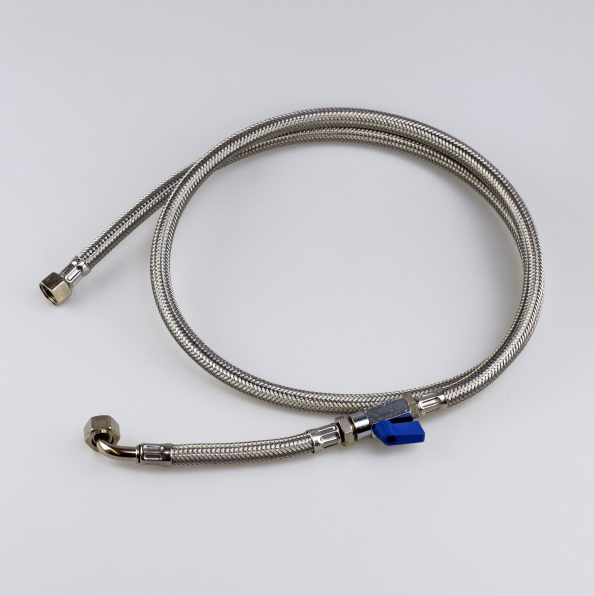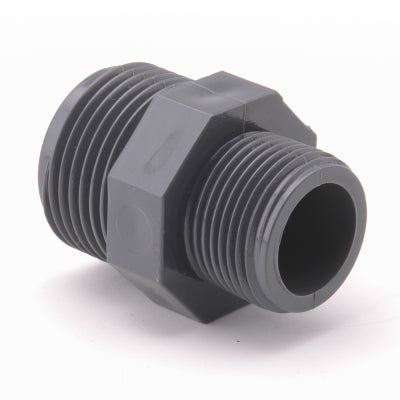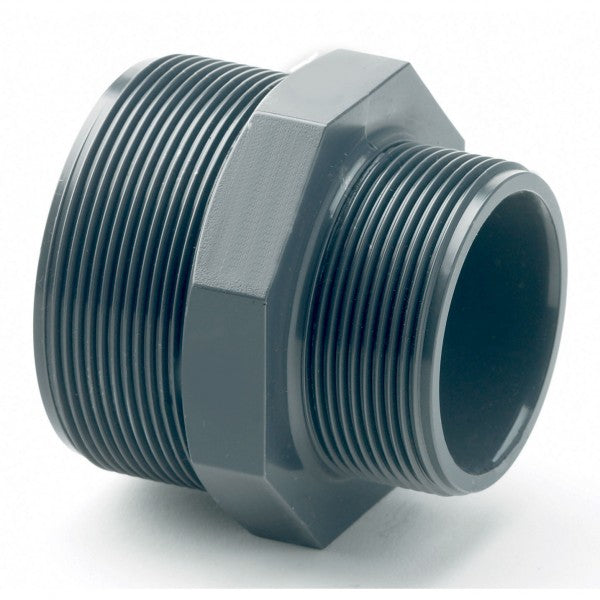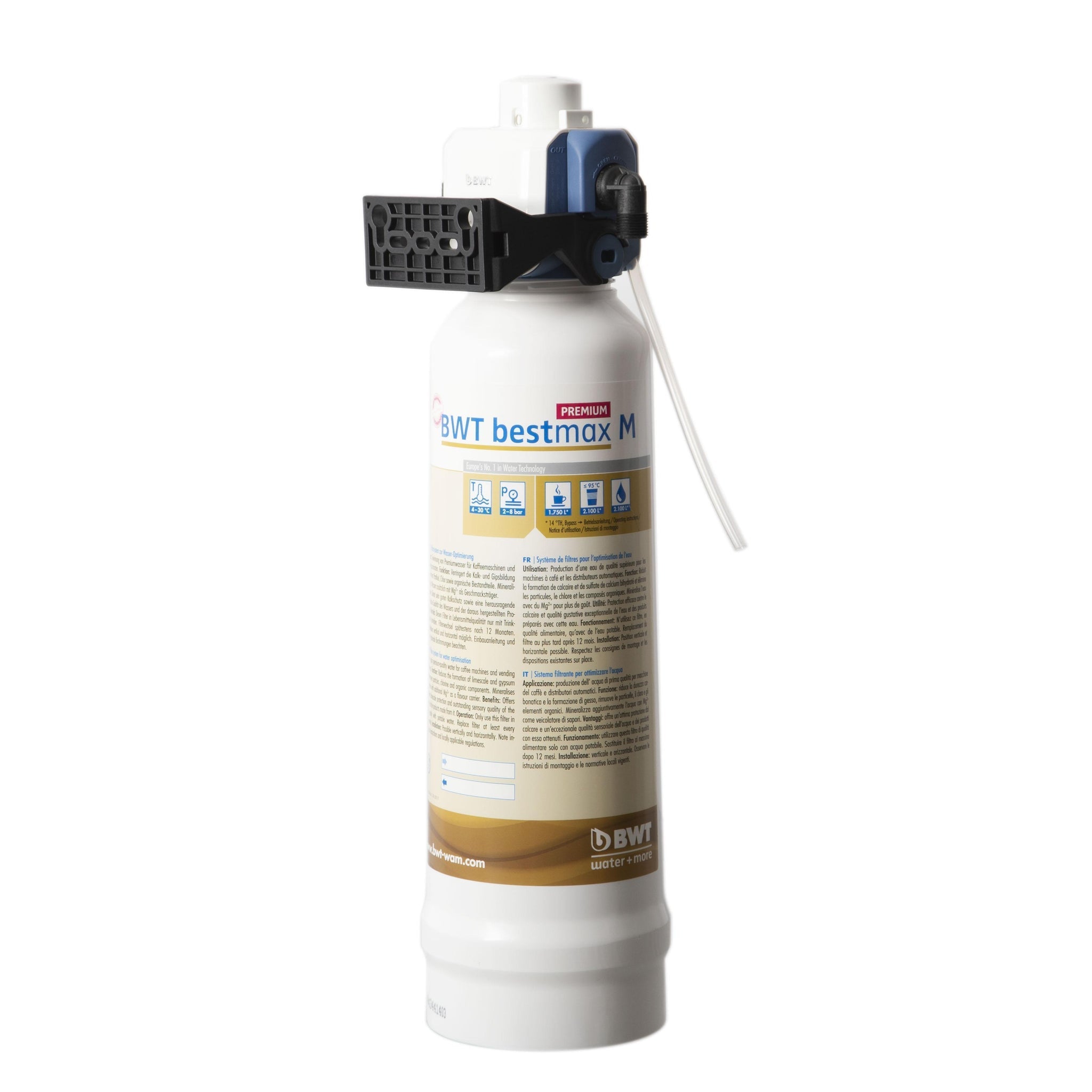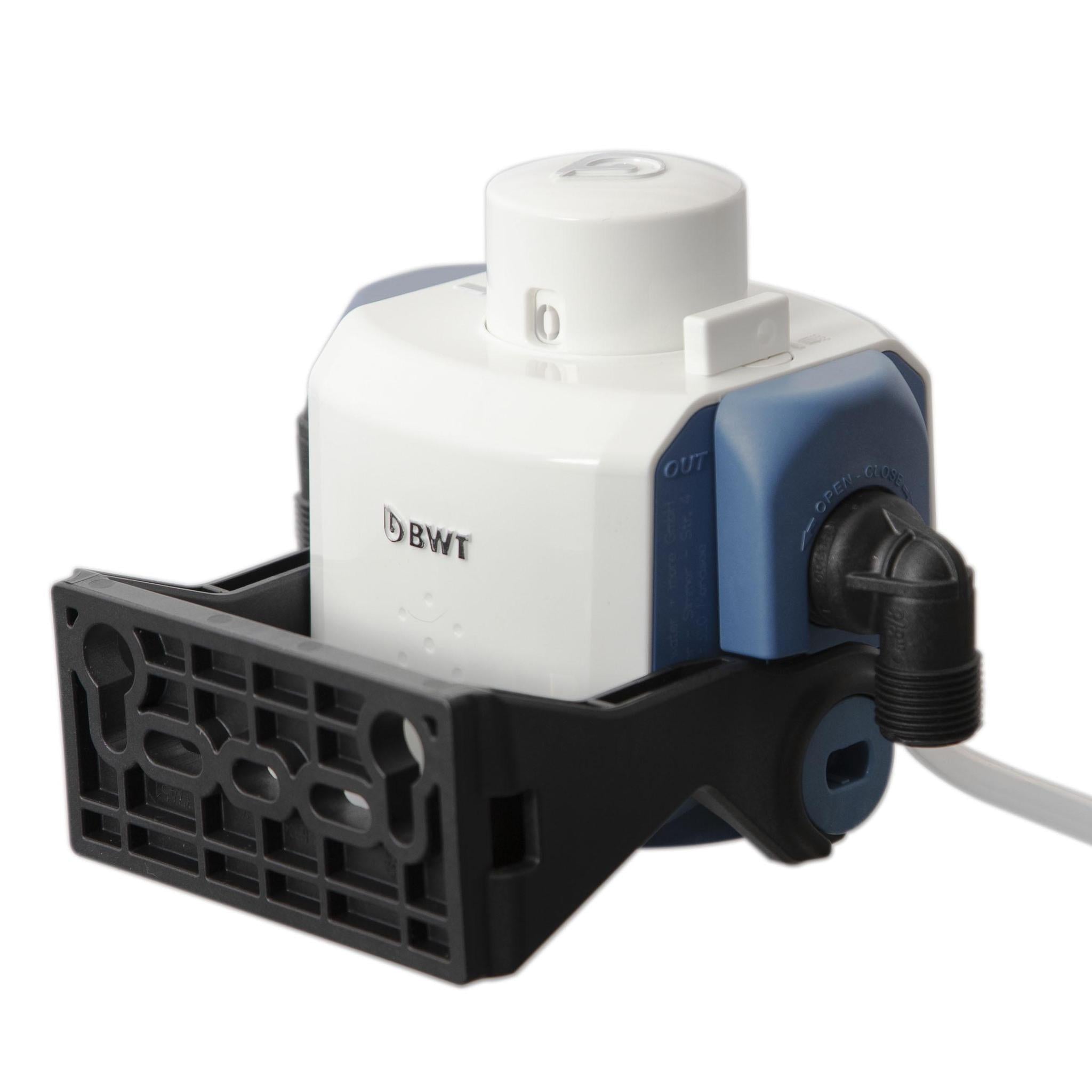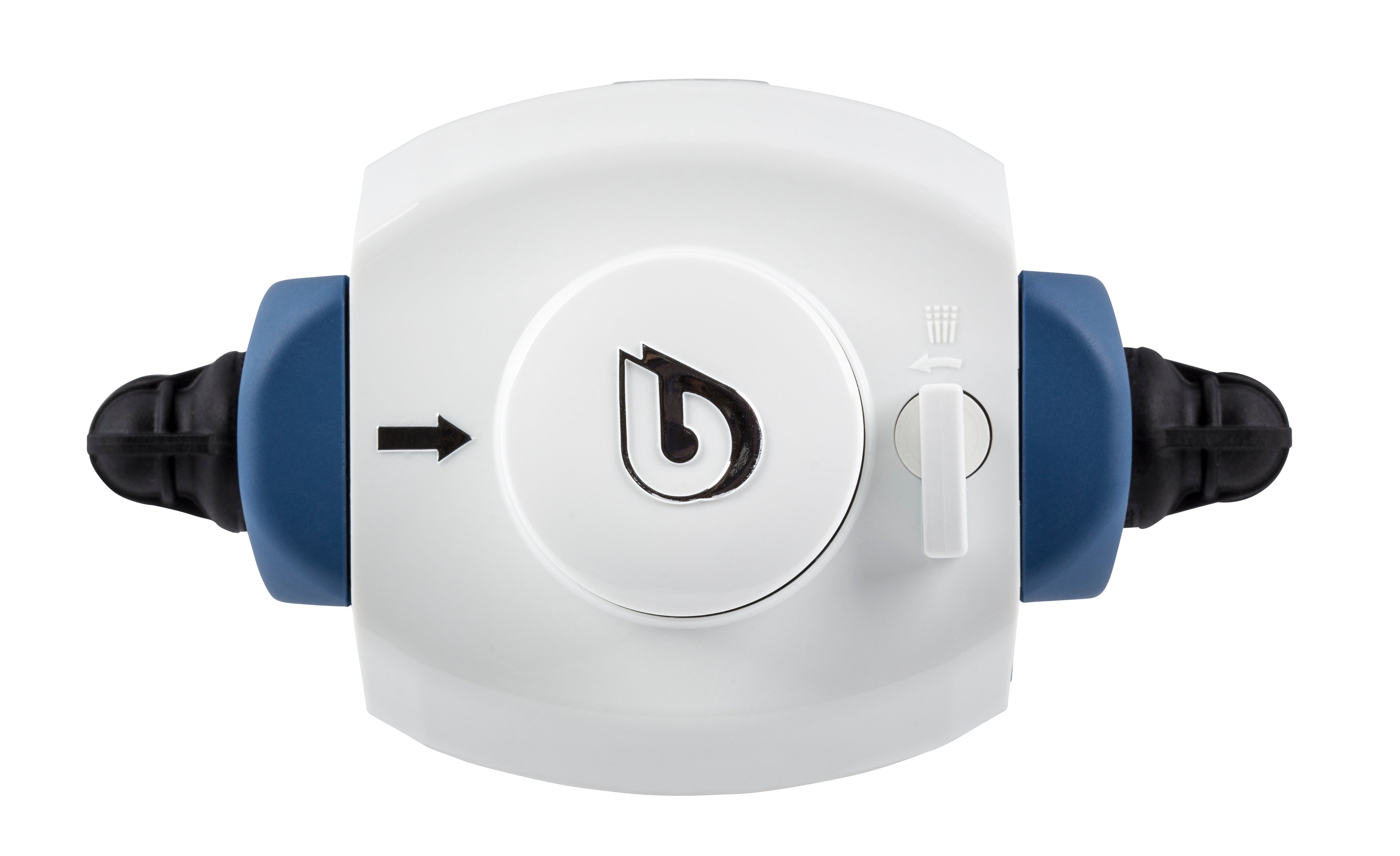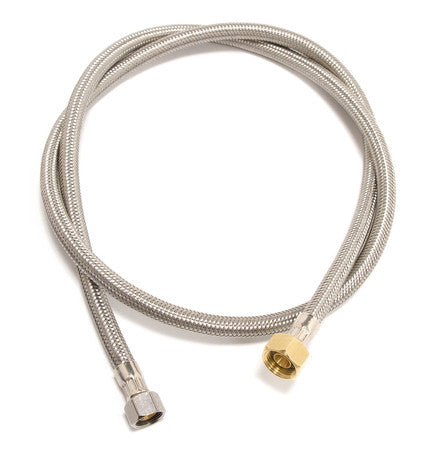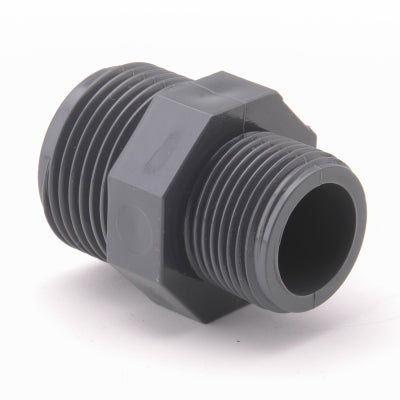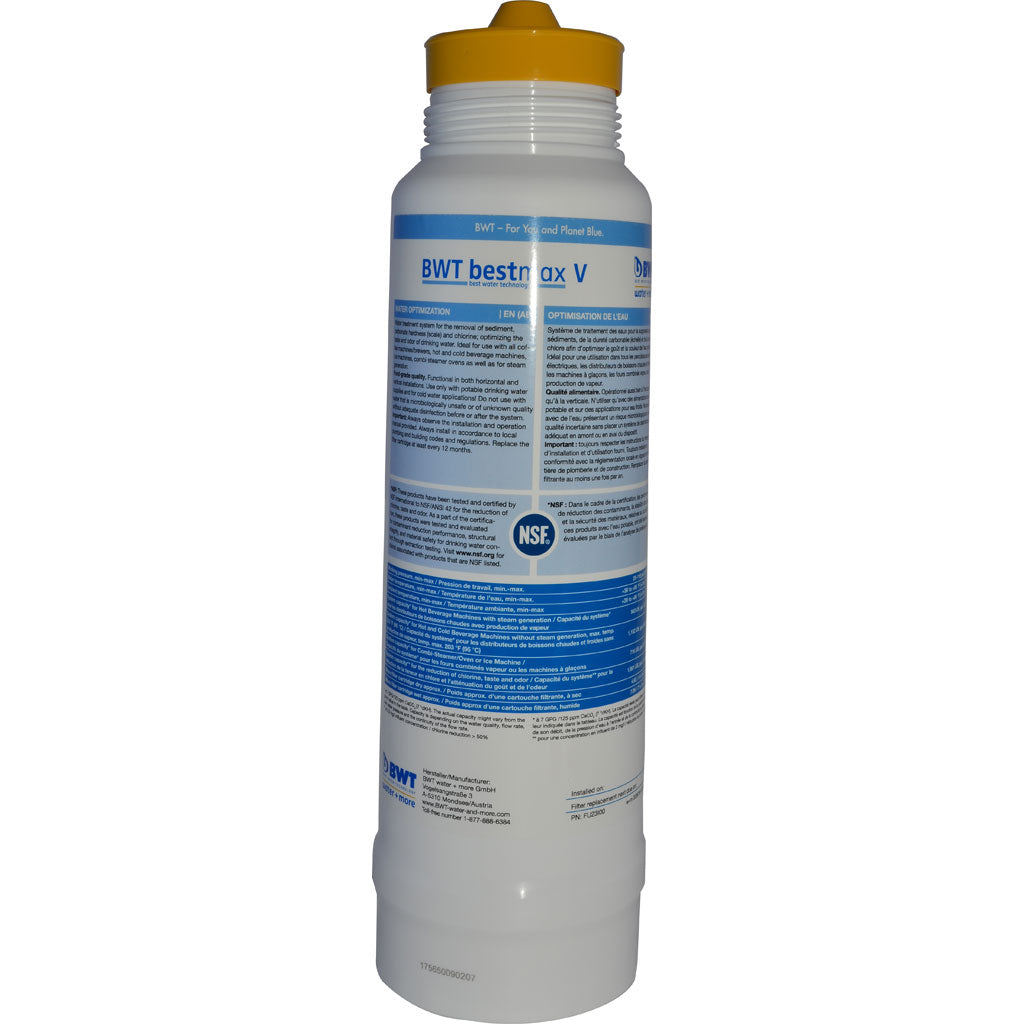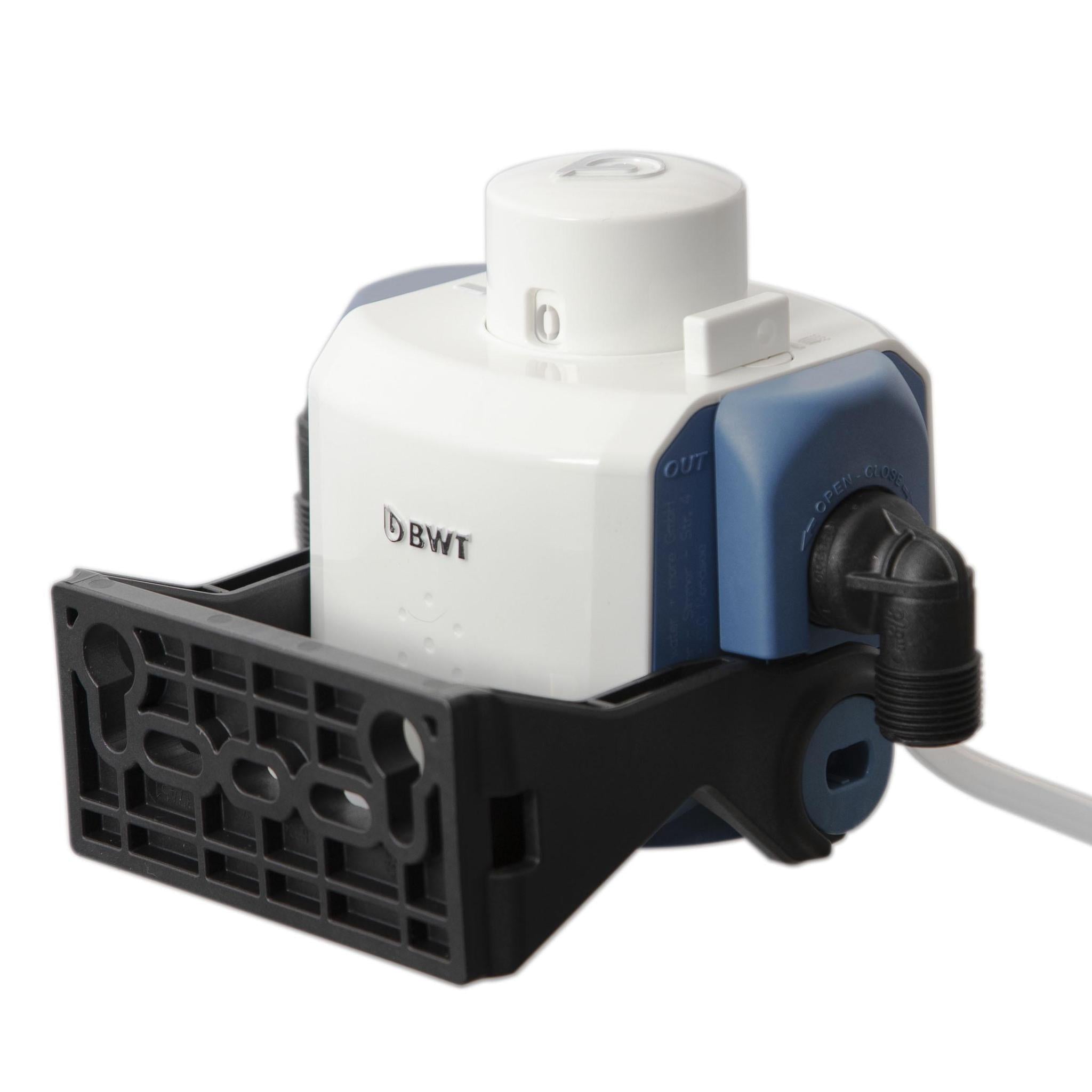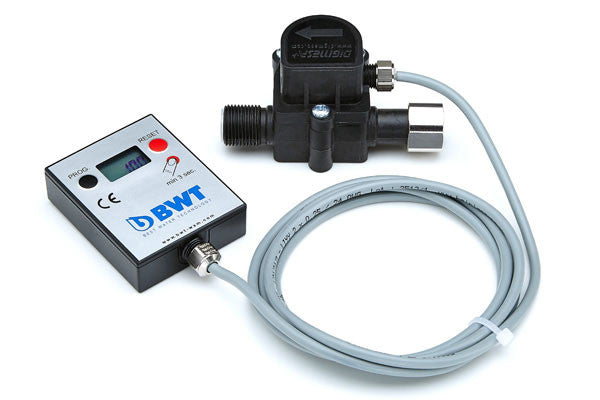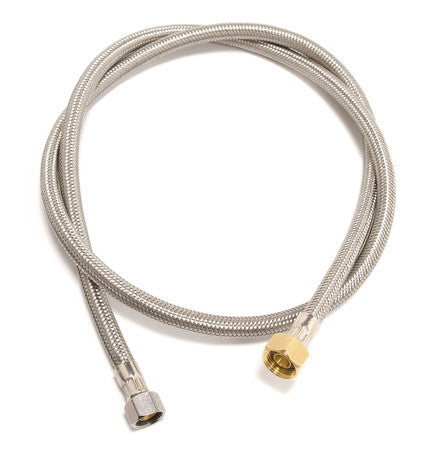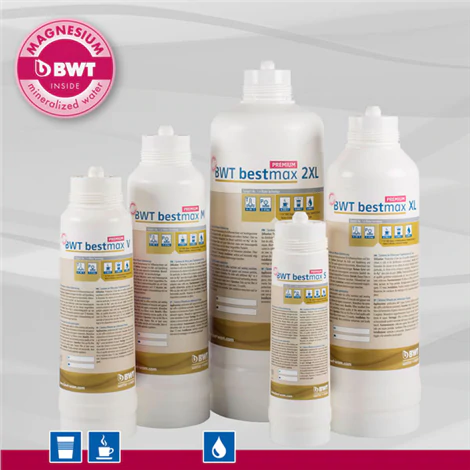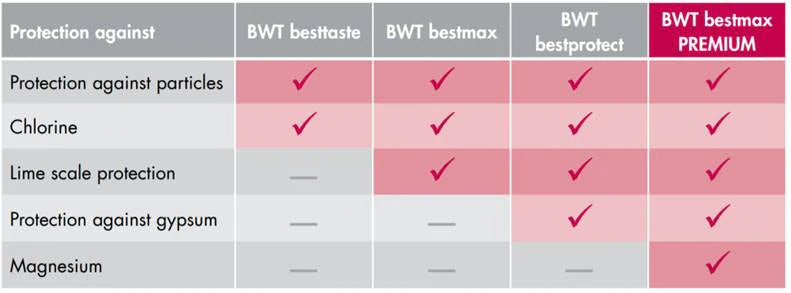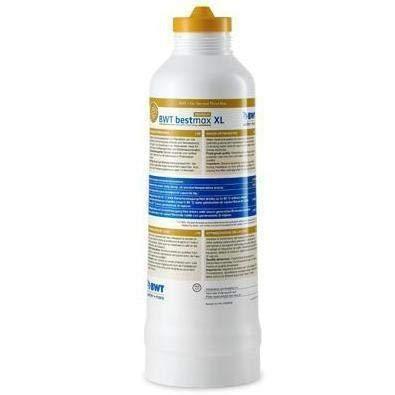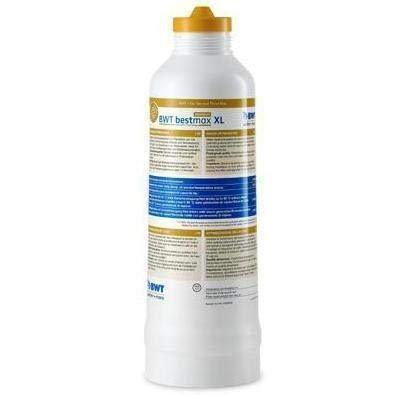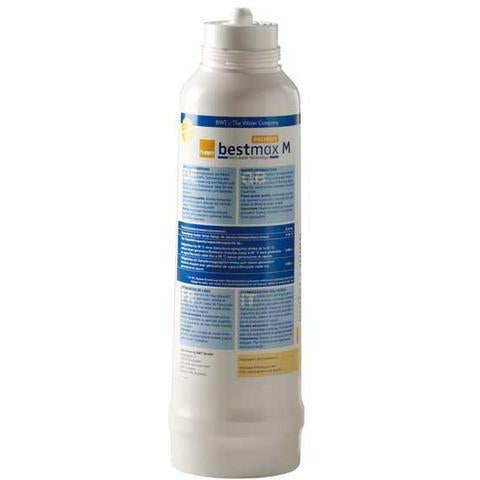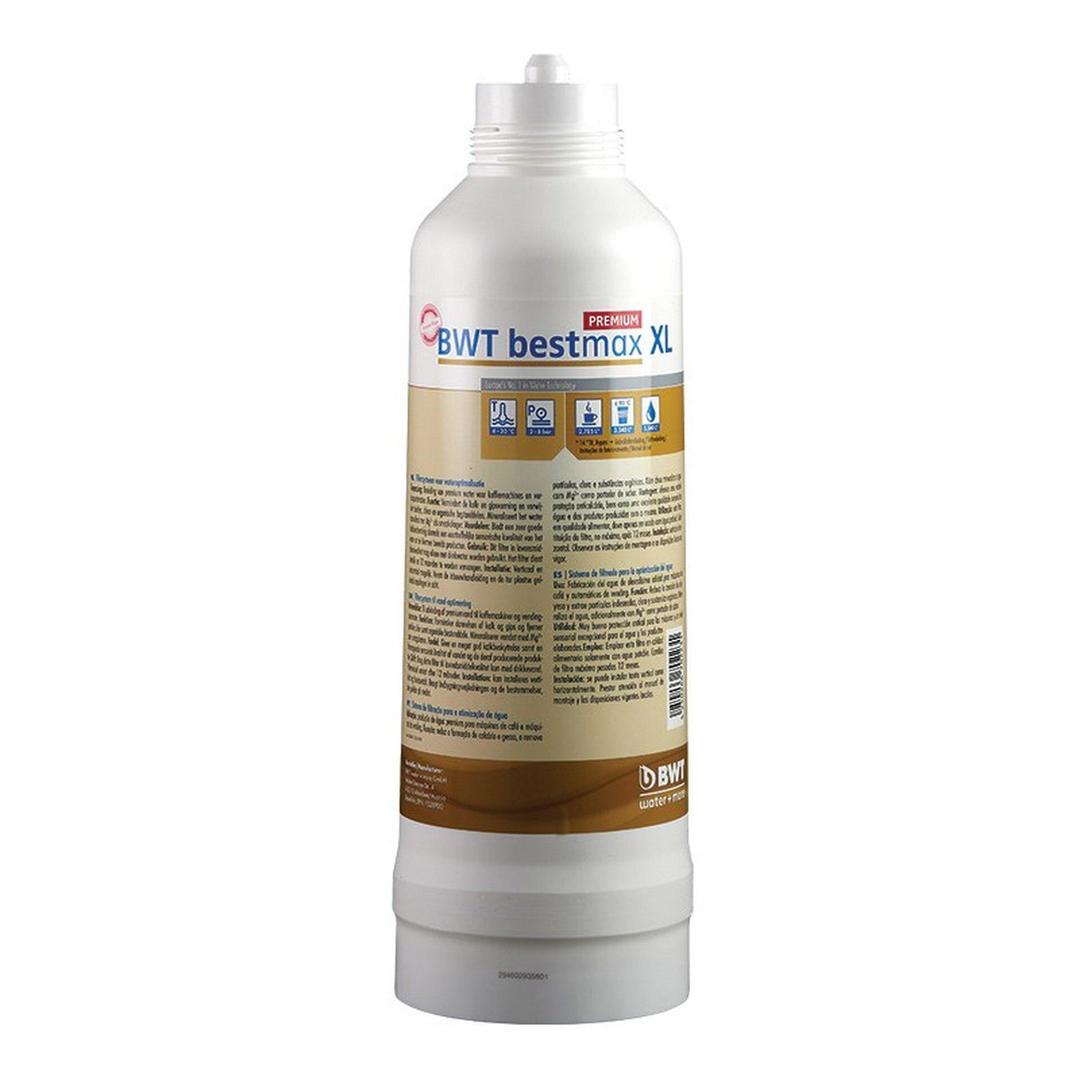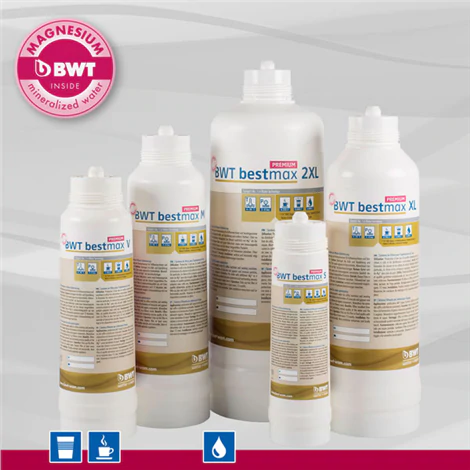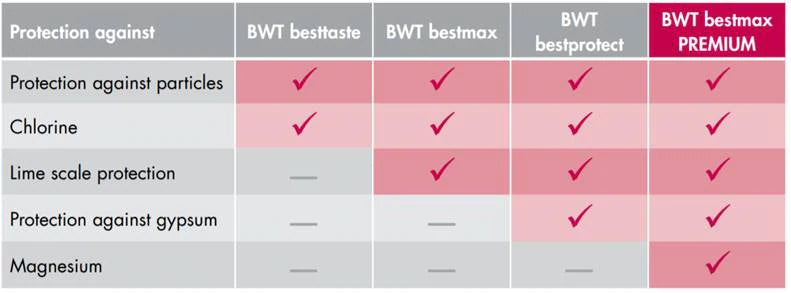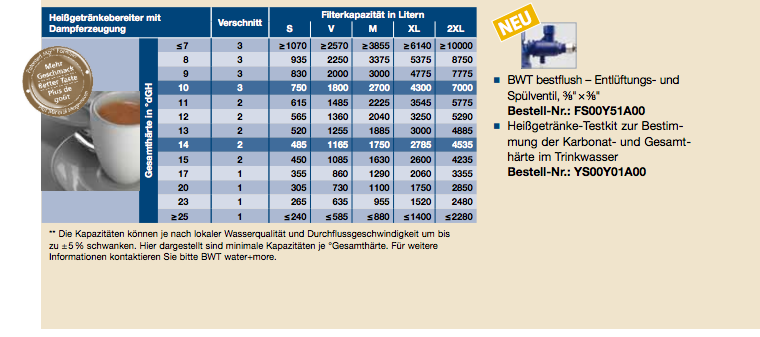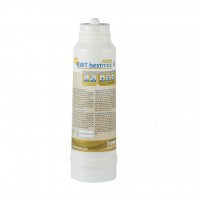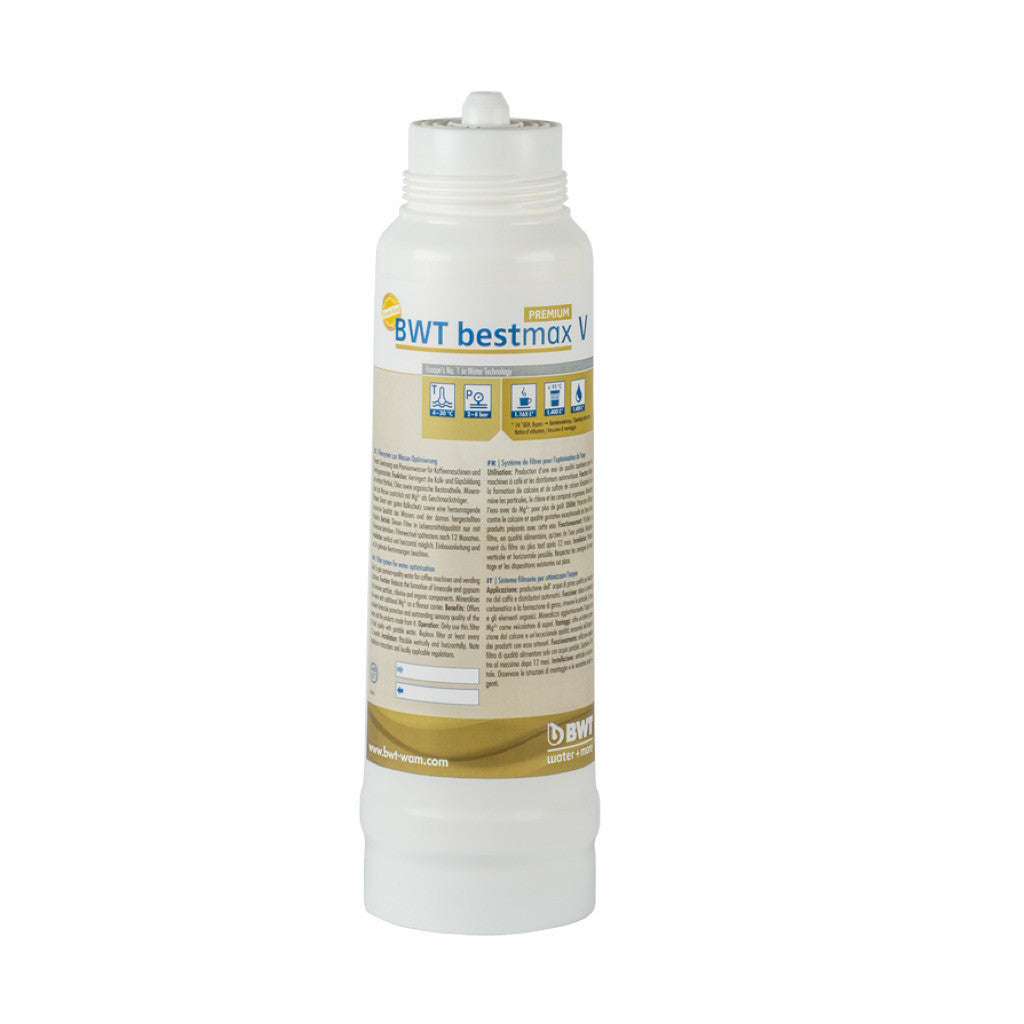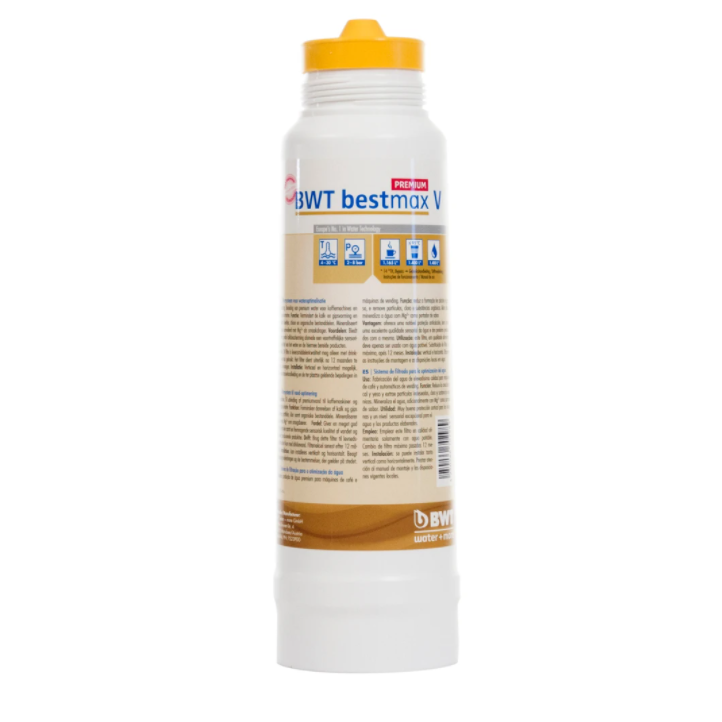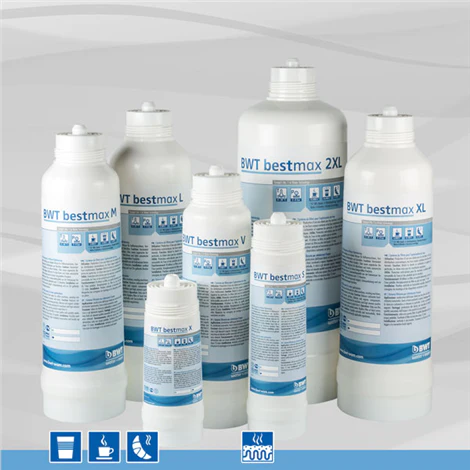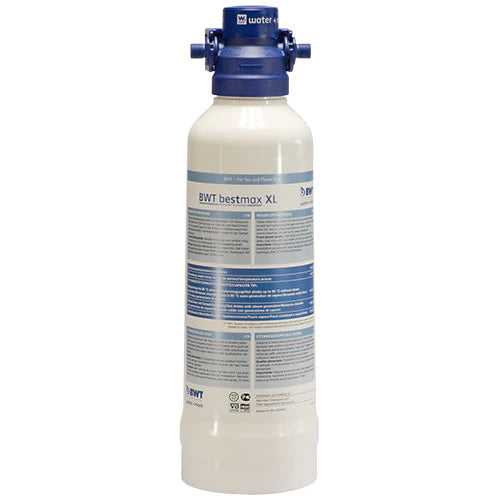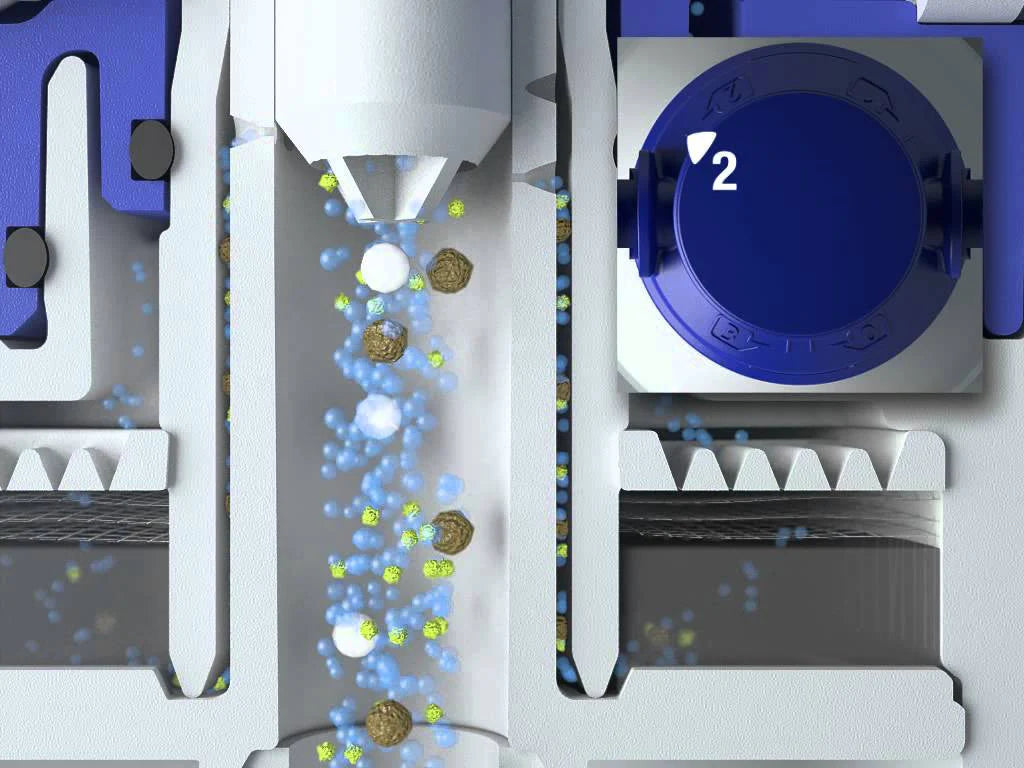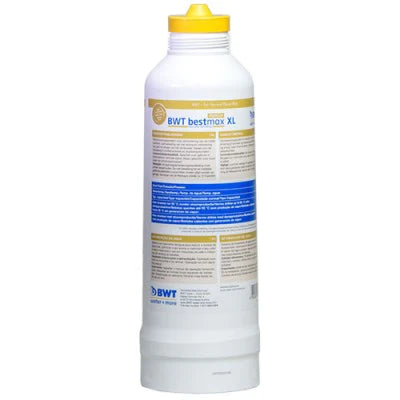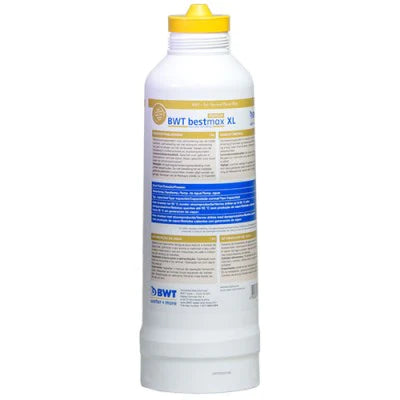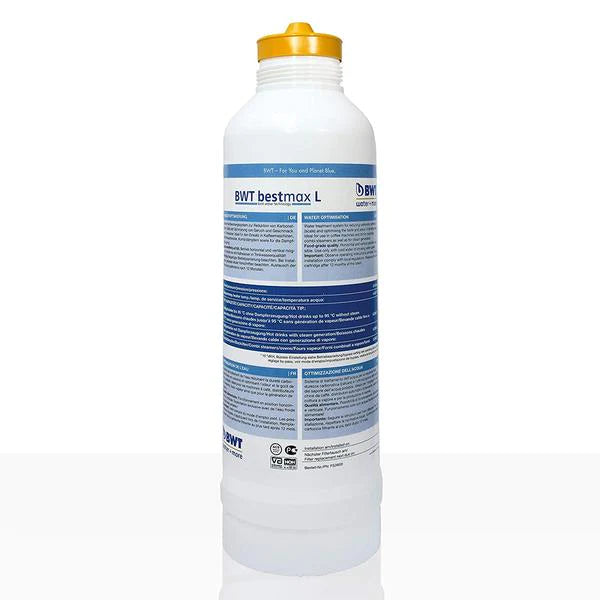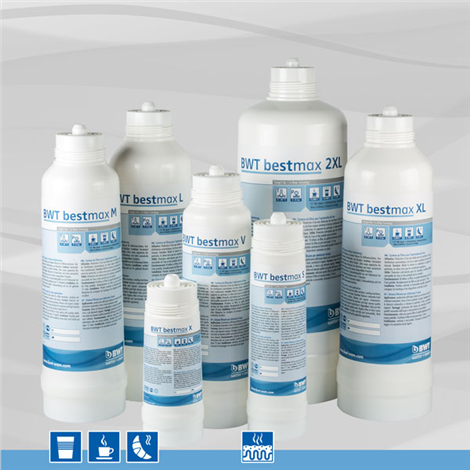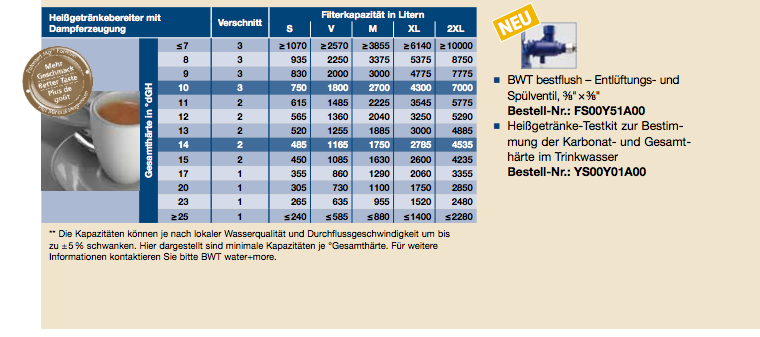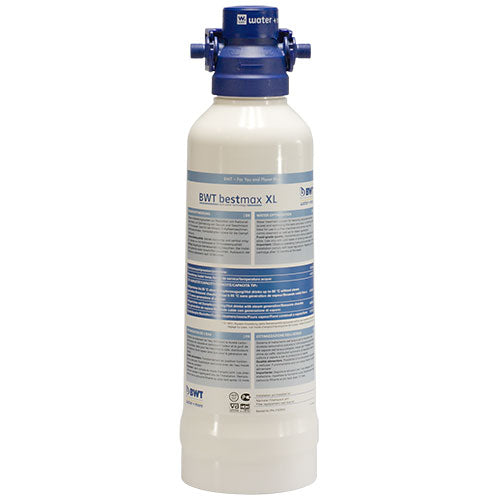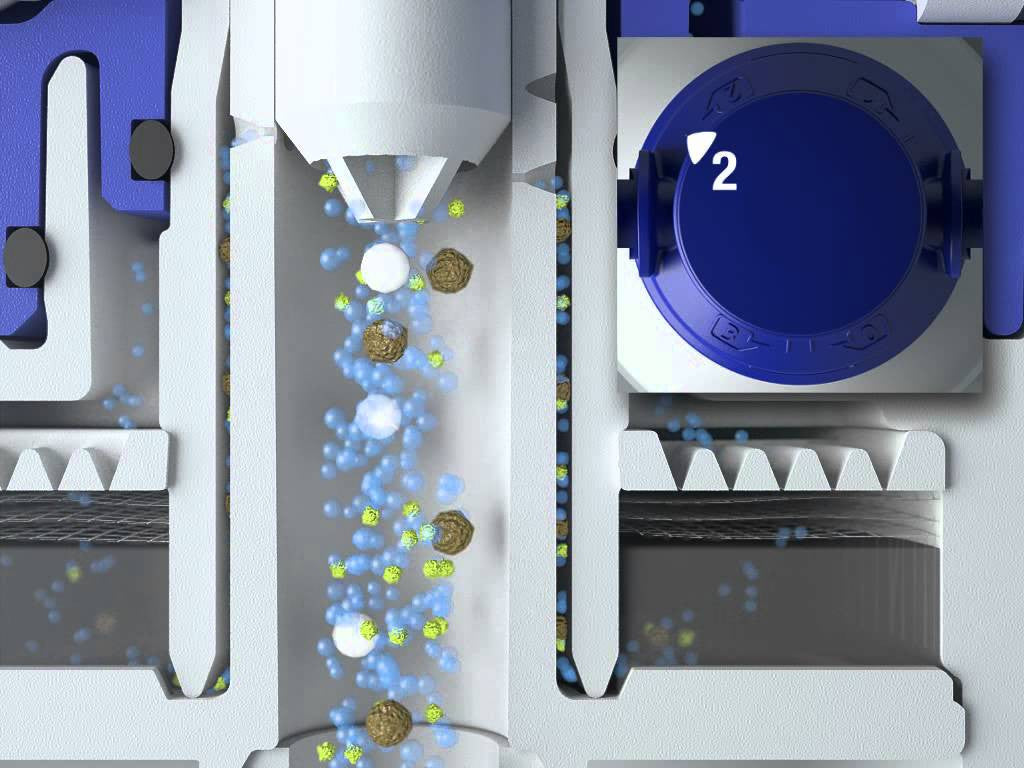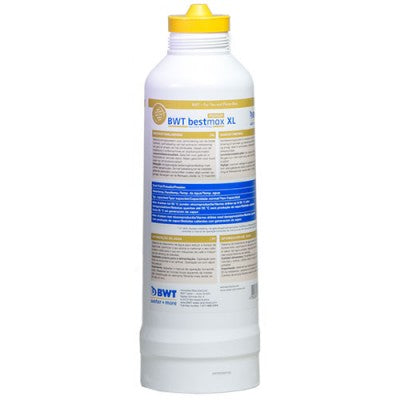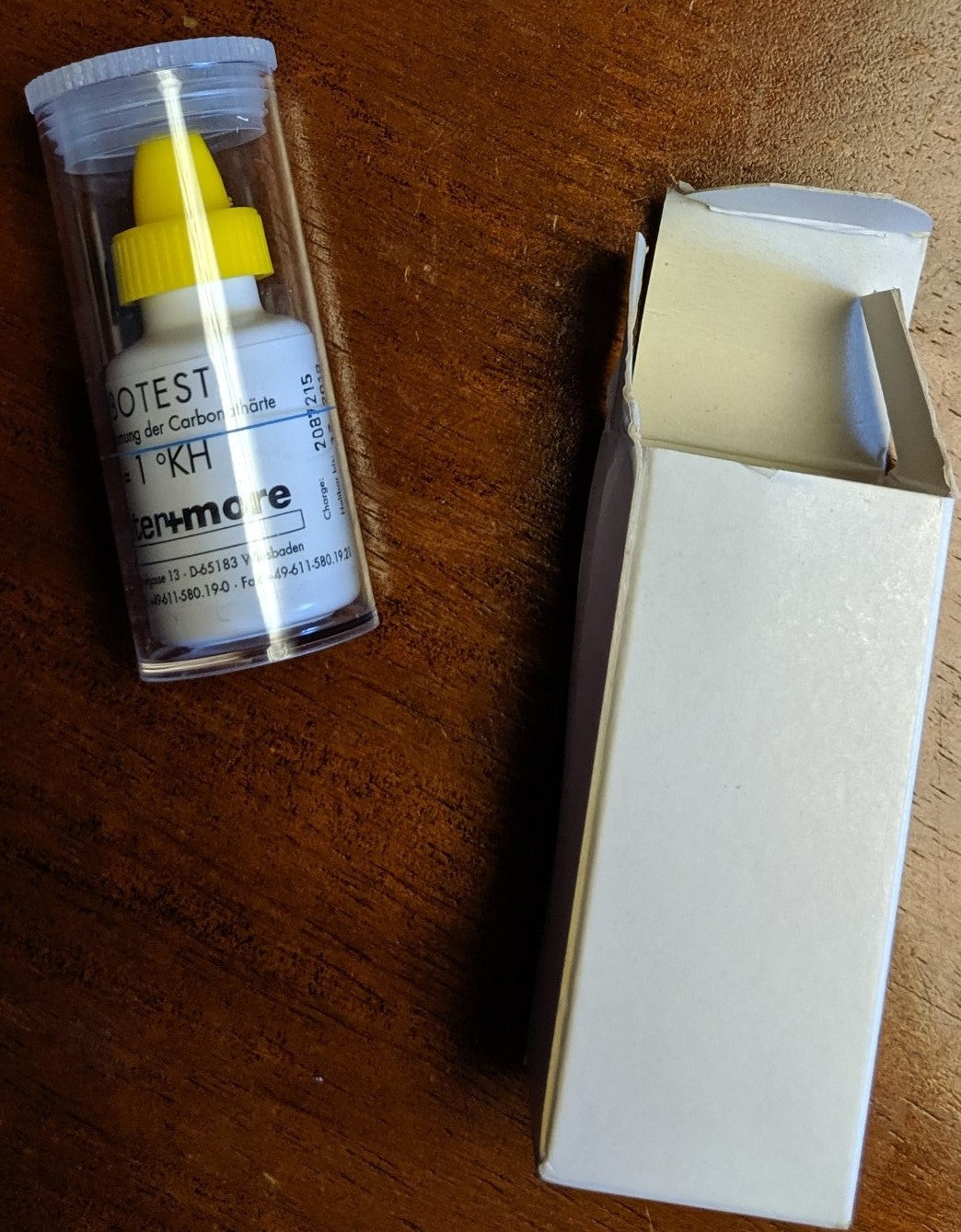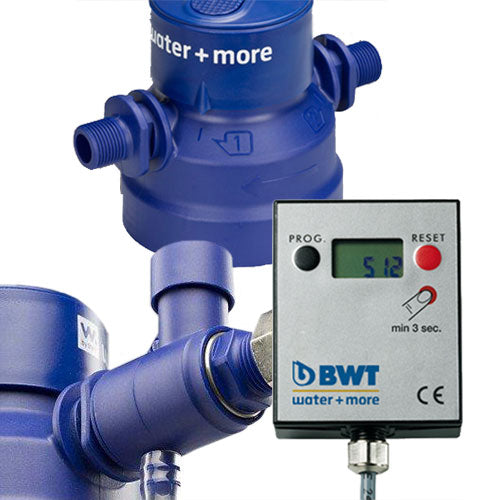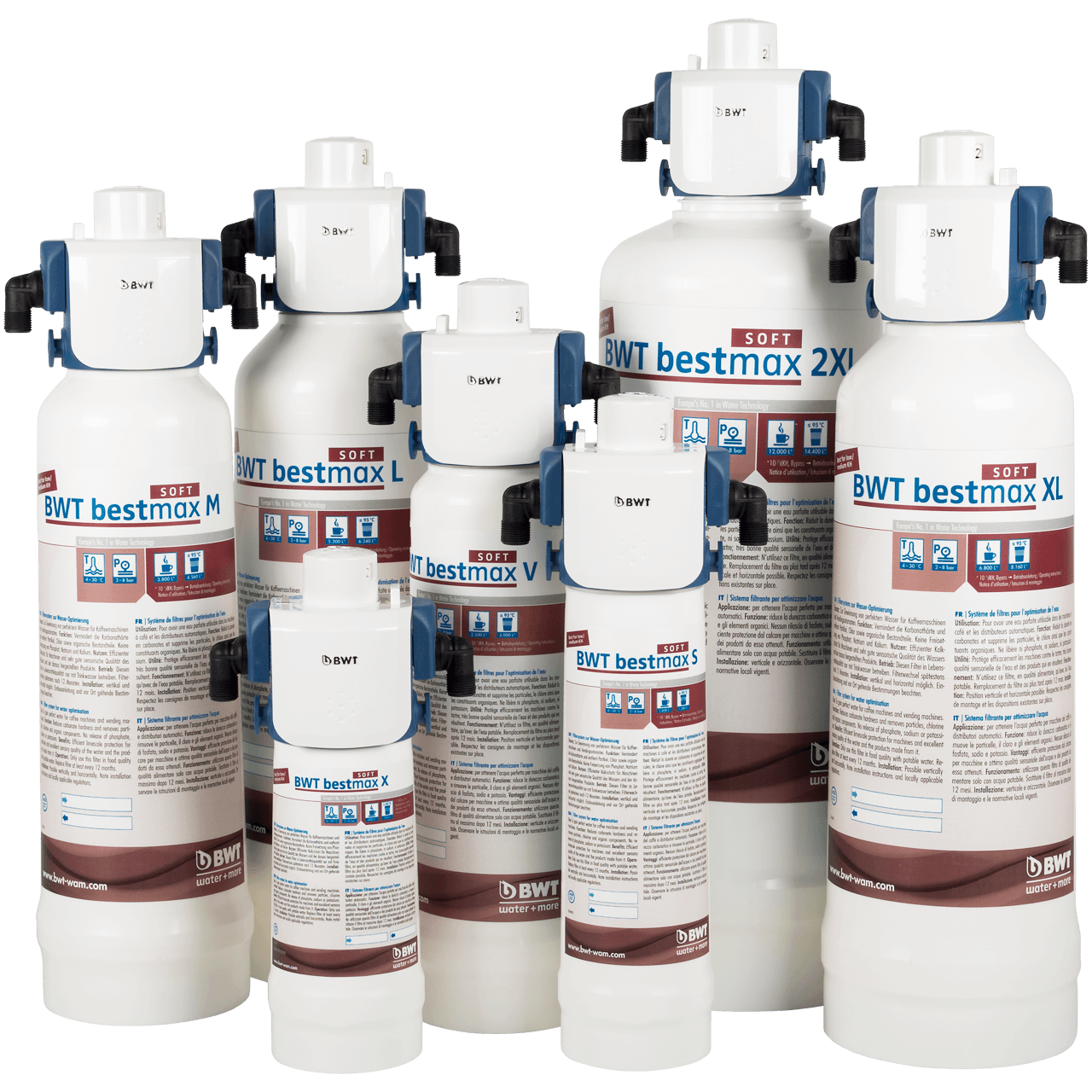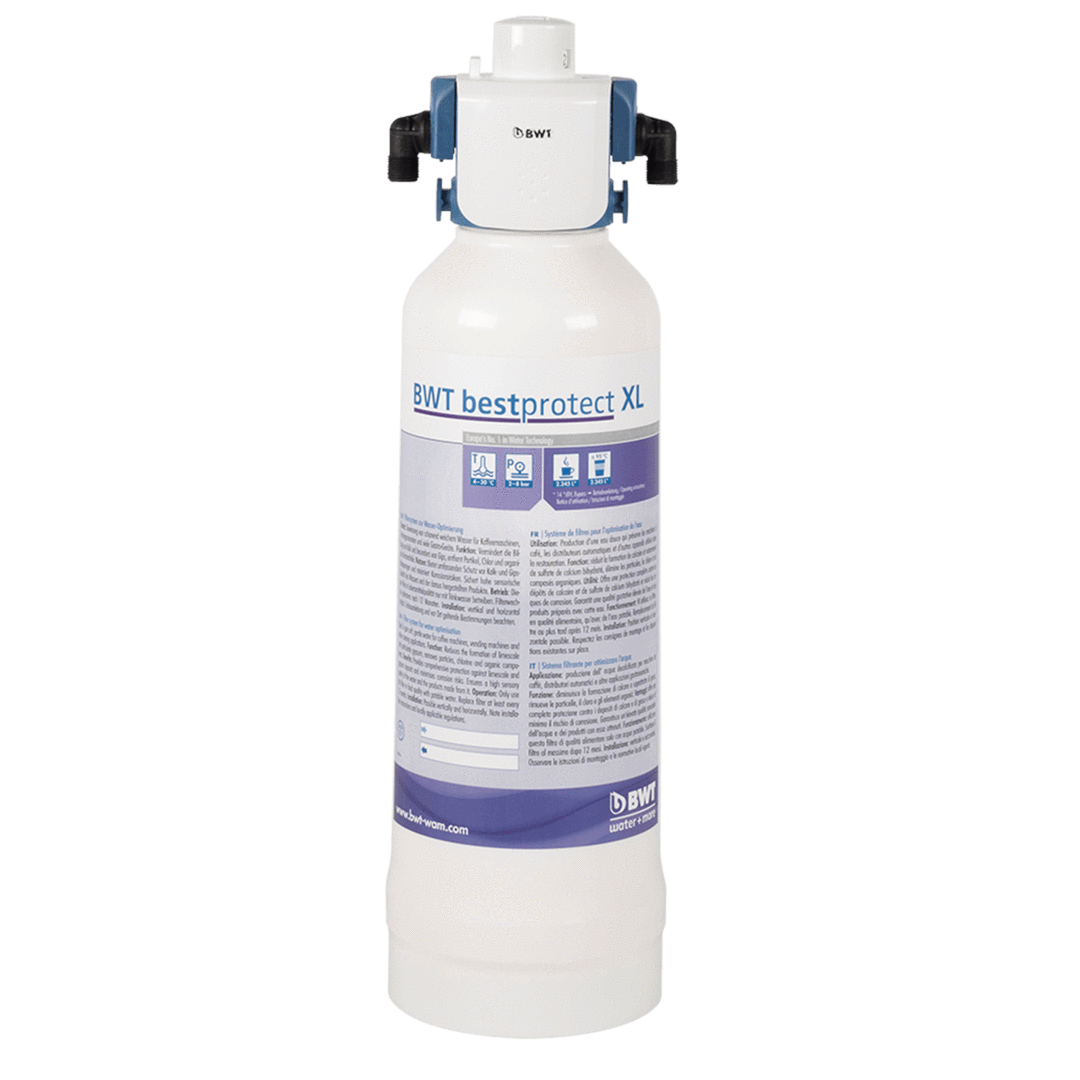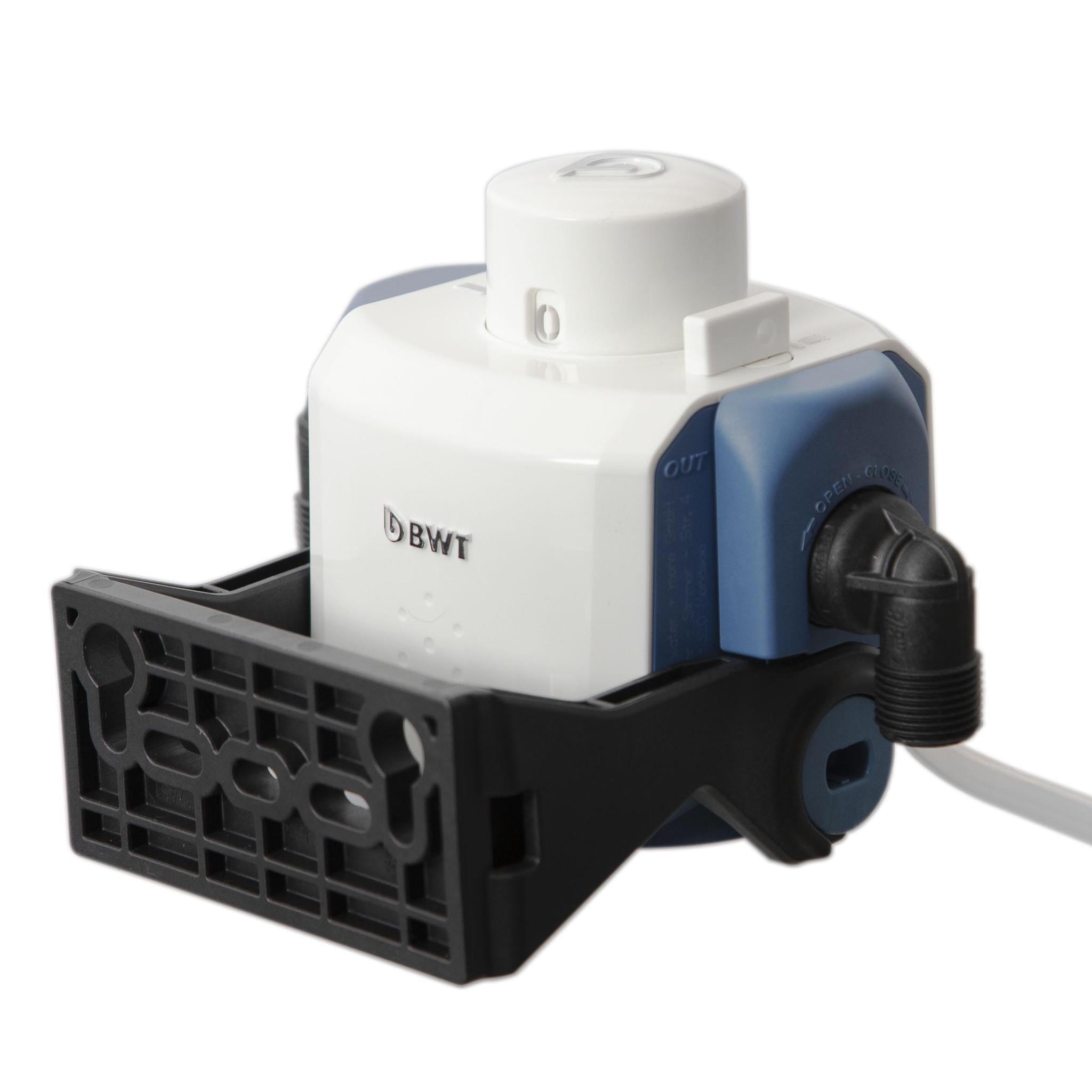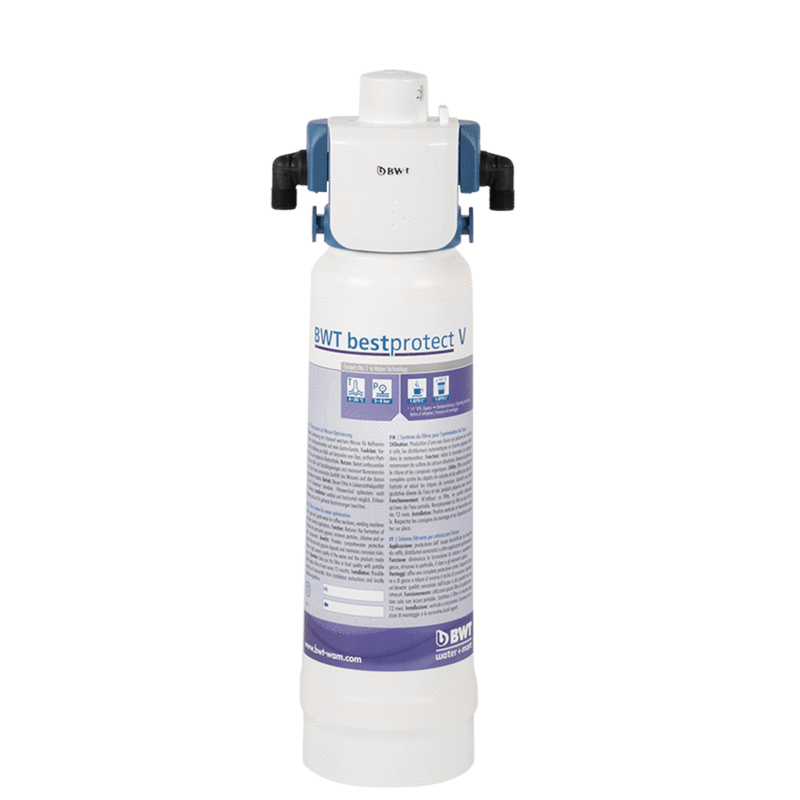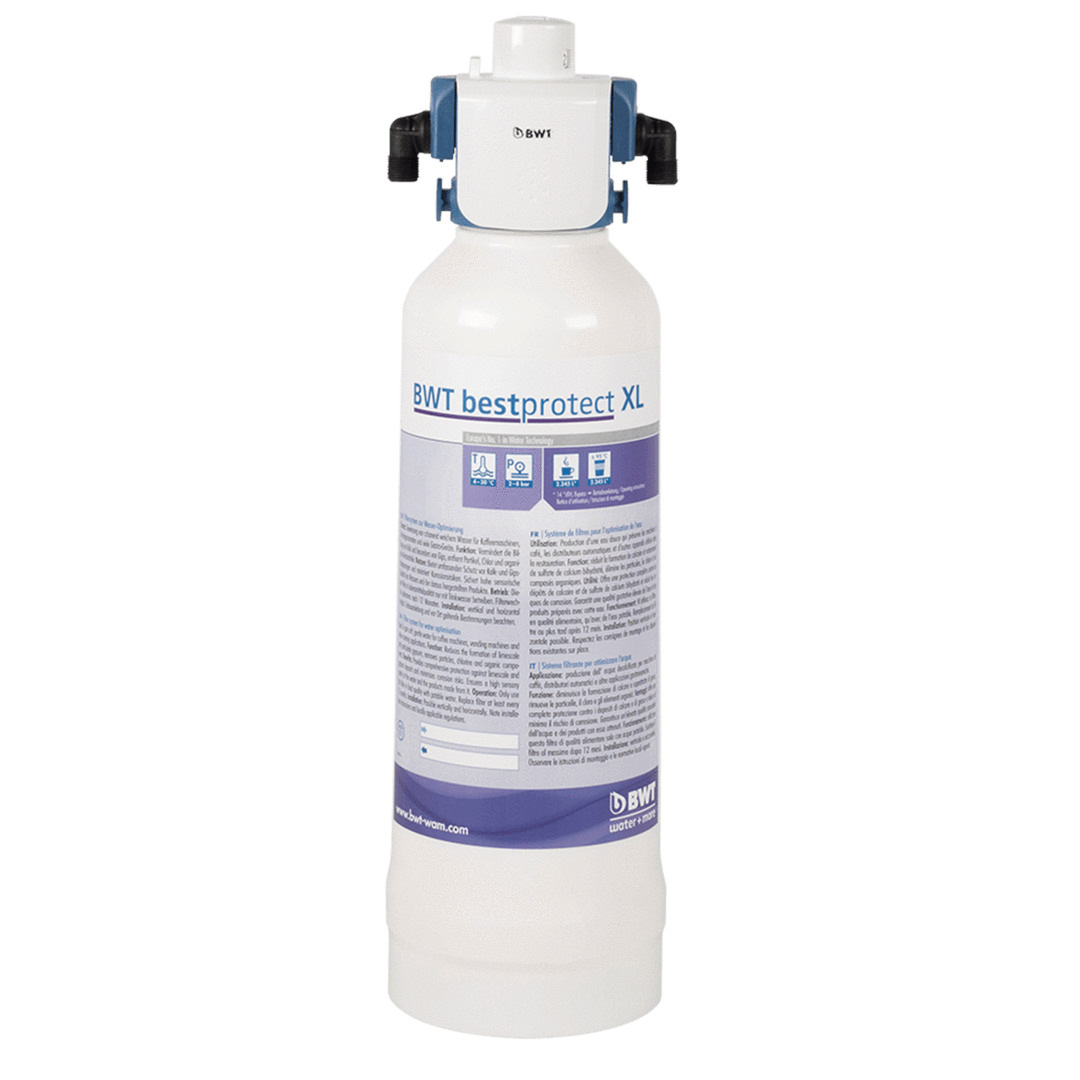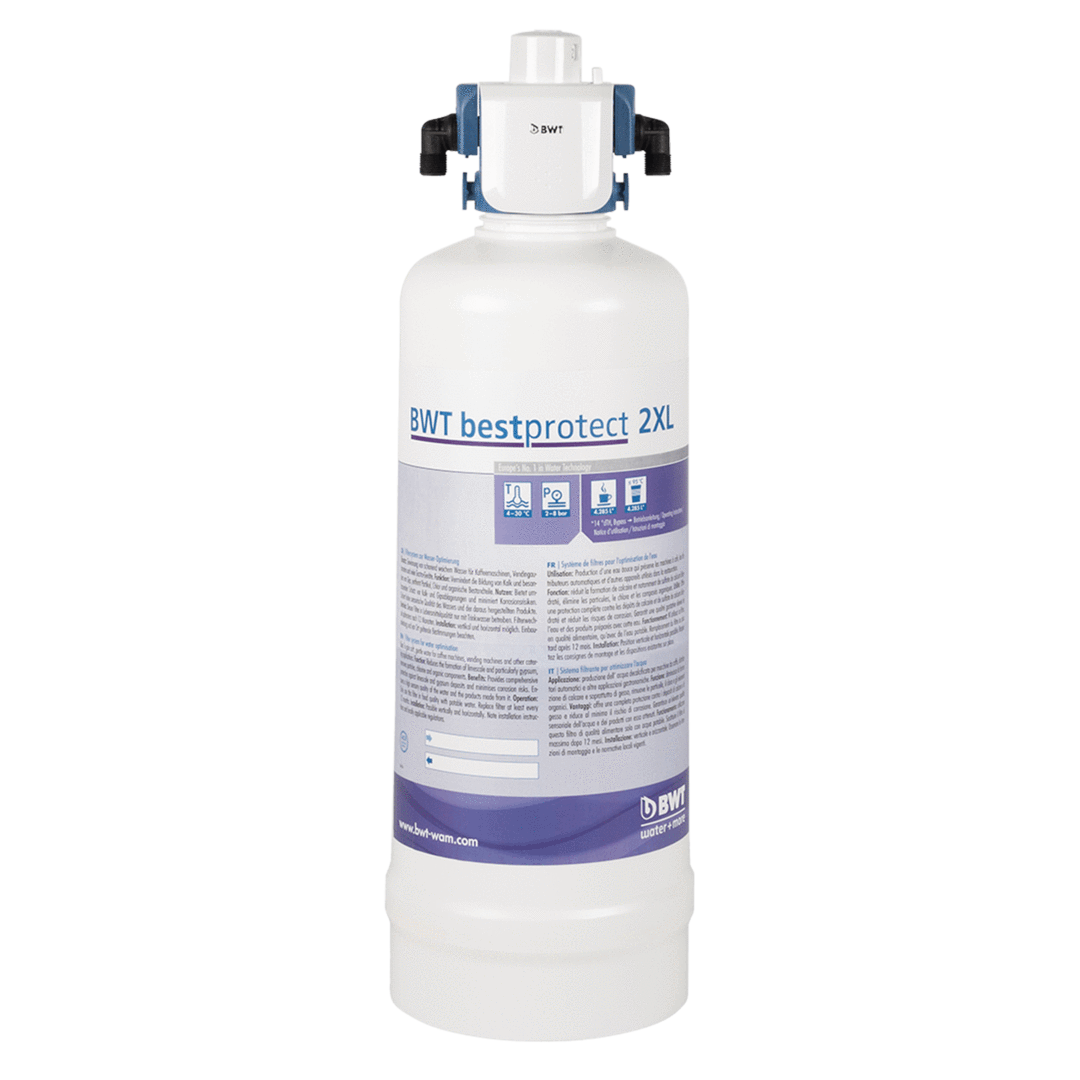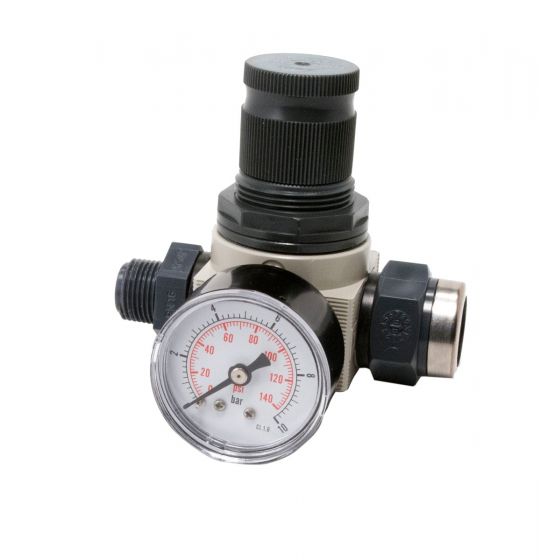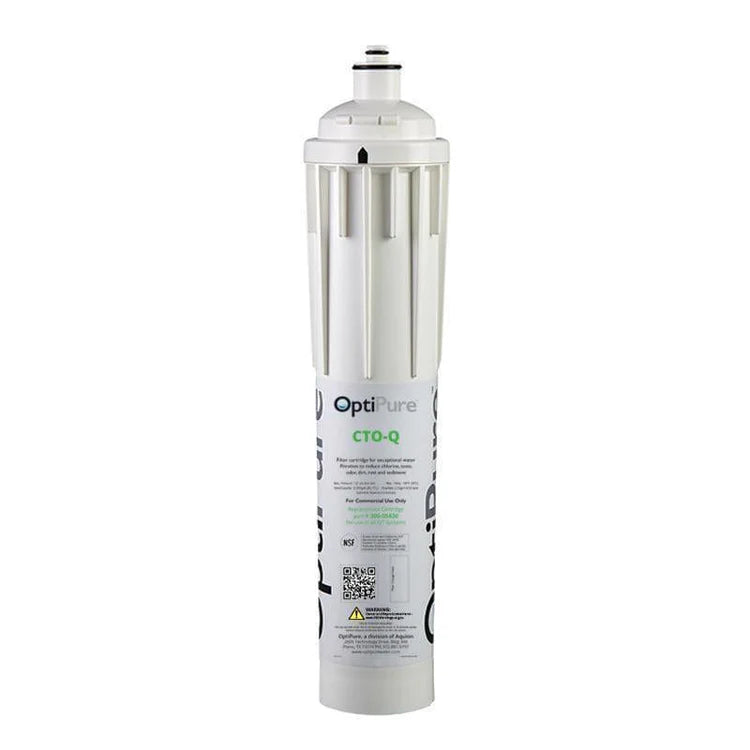Water Filtration + RO Systems
Your WATER, your Machine, and your Coffee.
Generally speaking, there are two key factors that make filtering of tap water necessary.
The: flavor and scale buildup. If your water tastes gross, you don’t want to drink it. This, of course, means that you’ll have bad tasting coffee and Tea. if you decide you want to cook or brew anything with it. So, it makes sense that you’d want to screen out some of those contaminants rather than drinking them. The second factor, scale, is a silent killer of espresso and coffee machines. Chances are you’ve seen it build up around your sinks, showerheads, and at the bottom of your pots. For the most part, espresso machines are full of water and pipes.
The scale that you see building up in your bathroom or kitchen will also build up inside of your machine. That’s where water filtration, or water softeners, come into the mix. We’ll be talking about two types of filters primarily, inline (meaning the filter is connected to a water line that is plumbed into your espresso machine) and in-tank (meaning the filter sits in the reservoir of your espresso machine). Before getting to the filters themselves though, we’ll take deeper dive into the topic of water.
Flavor Haters
Chlorine
That’s right, the same chemical used to clean your pool also keeps your drinking water clean. Chlorine is a cheap additive that helps to protect against bacteria and viruses in the water.
Heavy Metals
Though it’s not always the case, it’s possible for water to leach minerals from metal used in plumbing. Copper, lead, zinc, and other metals can be pulled from pipes, adding an undesirable metallic taste to your water.
Dirt, Dust, Etc.
Who knows what else might be in there, but you don’t want it in your cup. Dirt, dust, sand, you name it! No gritty water!
Scale and Water Hardness
When I think of scale (or scales), things like our Acaia Pearl espresso scales, or maybe fish scales come to mind. With water and machines, scale is a different story. Think of it as a layer of calcium crust that coats the inside of your machine, slowly choking it out and destroying it. In your boiler, it impairs the heating of your water and can result in suboptimal temperatures. Inside the plumbing, scale constricts flow by narrowing water passages.
Worst of all is that if you wait too long to descale your machine, large fragments of scale can break off, loosened by the descaler. These mini asteroids of scale hurtle through your machine, blocking passages and plugging small openings, wreaking havoc on your $1,000+ investment. While there are a few different factors that contribute to the buildup of scale, unfiltered calcium content is by far the biggest culprit.
Curious about the rest of the rogue's gallery? Let’s just say that water is incredibly complex and that there’s more than one culprit. According to the Langelier Saturation Index, the following factors all contribute in varying ways to the likelihood of your water to cause scaling:
pH, Temperature, Alkalinity, Cyanuric Acid, Calcium Hardness, and Total Dissolved Solids
What about Distilled or Reverse Osmosis Water?
So you might be thinking at this point “who needs minerals anyways?” It may be tempting to use distilled or reverse osmosis water in your machine to address the issue of scale. In fact, it may even seem logical, but it’s actually one of the worst things you can do. Your water needs mineral content in order to carry flavors, and some espresso machines even require it in order to detect water in the reservoir.
Flat coffee is the least of your problems though as the mineral-deficient water can leach metal from your boiler and plumbing, corroding your machine! Do yourself a favor and spare some minerals for flavor. Remember, nature abhors a vacuum. Mineral free water will cause you to over-extract the coffee no matter how you brew.
Inline Water Filters
Ideal for plumbed prosumer espresso machines, inline filters plumb directly into your water line to filter water before it reaches your machine. Our friends at BWT have come up with a number of different inline filter cartridges whose performance varies based on the quality of the water you’re using. In our videos, however, one filter reigns supreme, the BWT Bestmax Premium. It uses a five-layer filtration process to remove contaminants from your water while also exchanging calcium for magnesium via an ion exchanger. This filter is guaranteed to leave you with great tasting water and re-balanced mineral content to protect against scale. In case you’re curious about how it works, I’ve outlined the steps of the filtration below:
Filtration in Five Steps
- Particle Pre-Filter - Separation of coarse particles such as sand and rust.
- Activated Carbon Pre-Filter - Elimination of oxidants, protection of the ion exchanger against aging.
- High-performance Ion Exchanger - Removal of hardening substances, adjustment of mineral balance. (Replaces calcium with magnesium)
- Activated Carbon Nonwoven - Elimination of organic substances, chlorine, foreign odor, and foreign taste.
- Particle Fine Filter - Separation of fine particles and suspended matter.
To make things even easier for you, we’ve made a number of packages of the BWT Bestmax Filter Package, with both independent filter head and flush valve or BWT FLEXHEAD with built in flush valve for, an under sink and direct machine water filter systems. Note under sink to water faucet does not need a flush valve
How Water Affects the Flavor of Your Coffee
As I mentioned above, it follows that if your water tastes funky, that same funk will be imparted to anything you cook or brew. When it comes to brewing coffee and espresso, there are already a ton of factors like temperature, consistency of grind, fines, roast profile, freshness, and of course the origin of the coffee that will impact the flavor in your cup. Adding to the complexity is the fact that your water may contain any number of contaminants (or minerals) that will impact the taste and affect the extraction of your coffee. Even if your water has been softened there’s a chance it may contain other substances that make it onto your palate so it’s super important to find the best water filter for your needs to ensure you’re getting a good cup of espresso. Let’s take a tally of some of the culprits behind bad tasting water.
We have put together some popular filter kit systems to make it easier to find the proper size of production compacity for your needs with a savings for you. Should you need something special please e mail or call in your request, we will do our best to help you.
Call 866-711-3456 or email info@absoluteespresso.com and speak to one of our water specialists if you have a question on what filter is best for your operation. We are glad to help.













